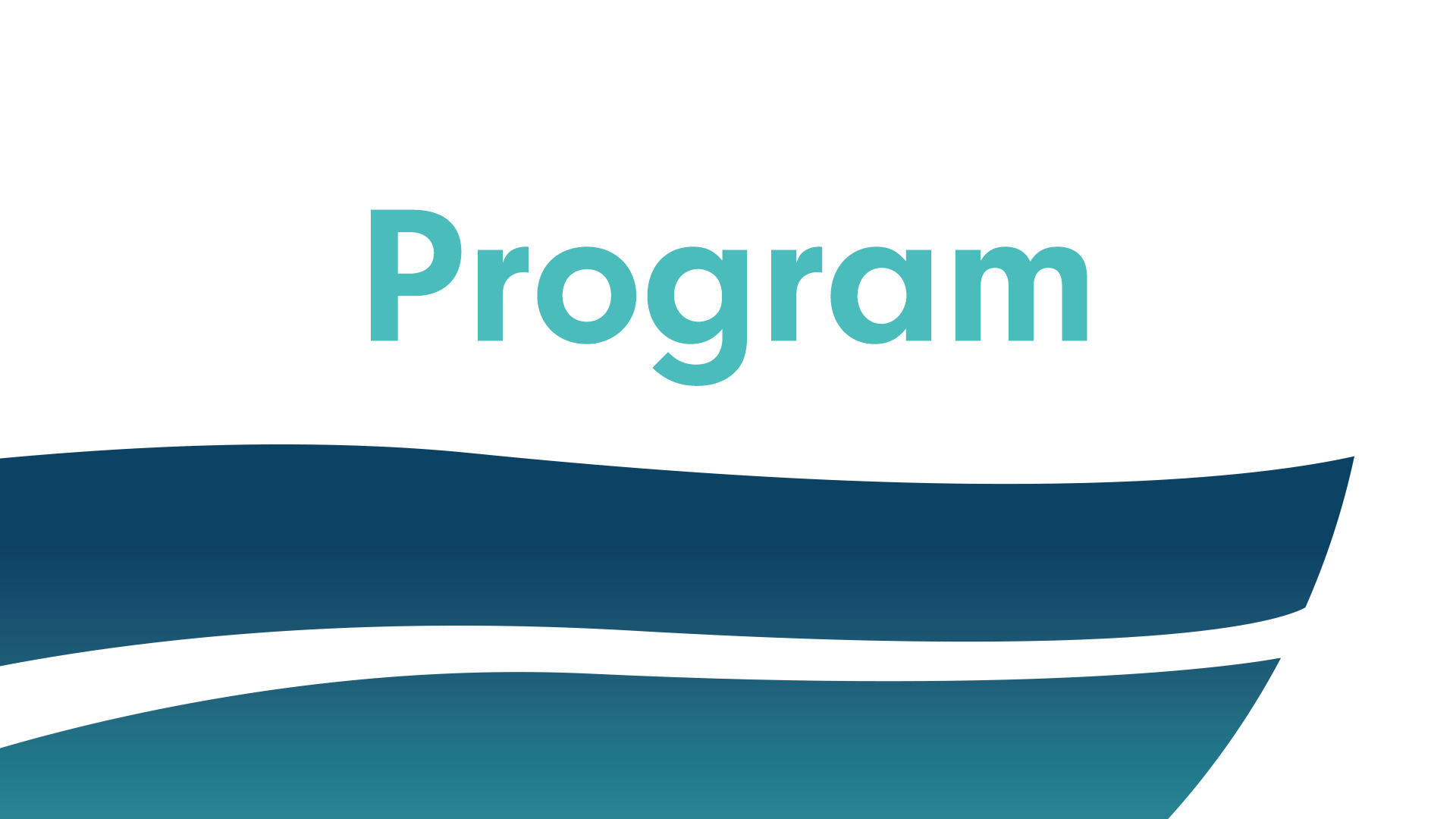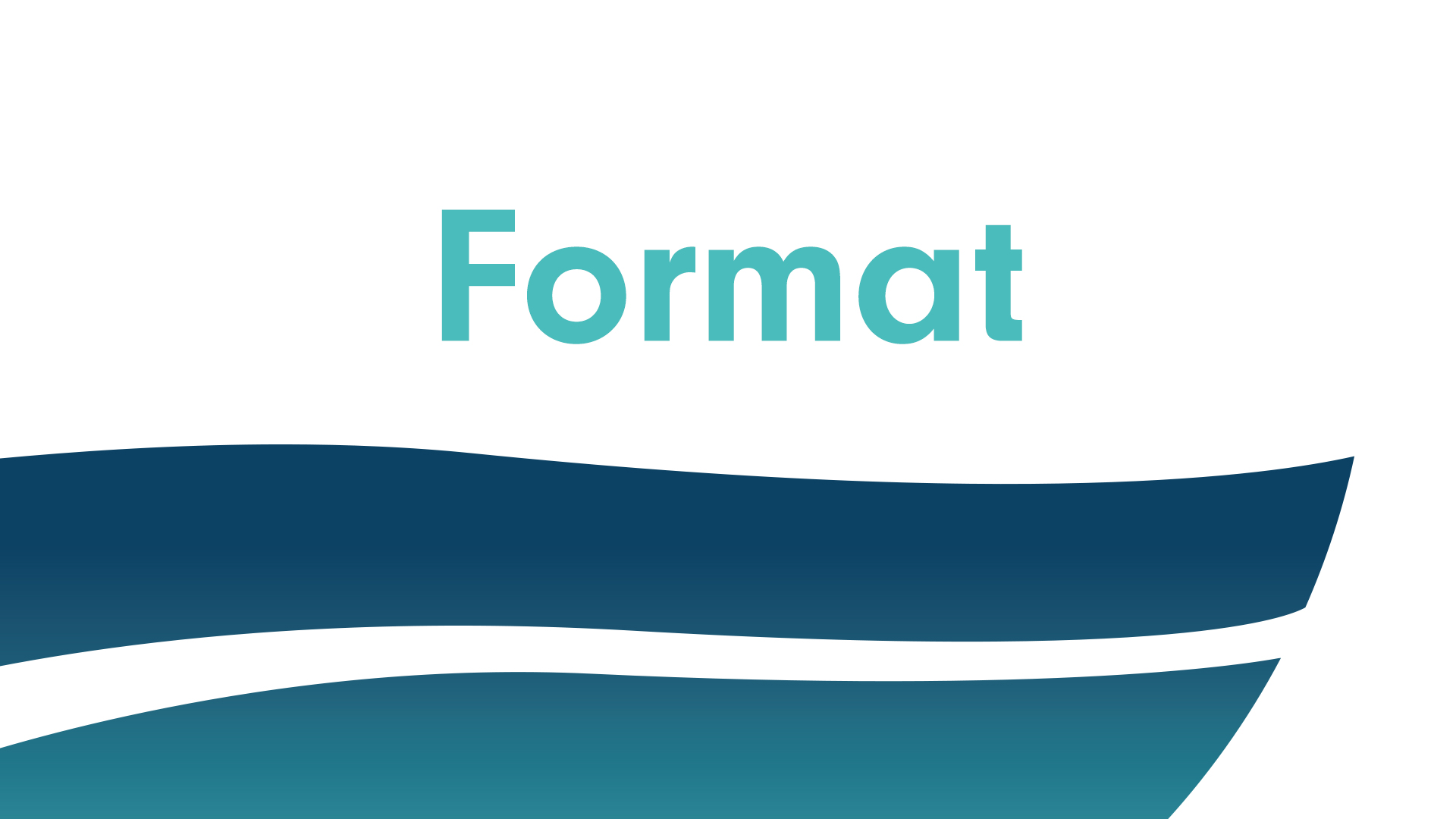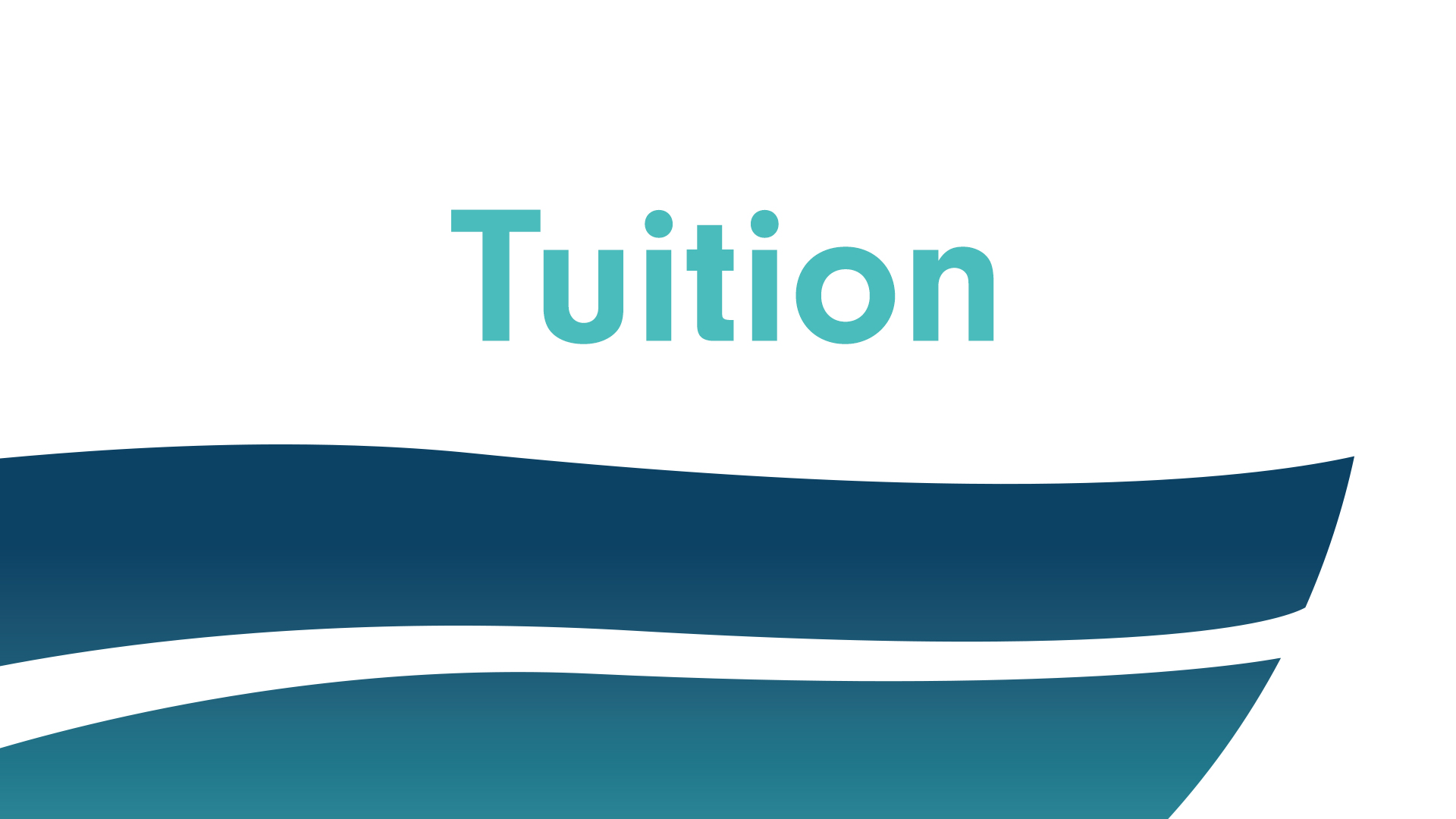About EMBA
The BGU DNA is stewardship of people, places, profit, and the planet. Our Executive Master of Business Administration (EMBA) program is designed to create a holistic approach to this process. Each class, and every interaction, guides students to understand how to frame their work and faith through this lens of stewardship.
Are you ready to build a better, smarter way?
A different future for your family, organization, and community! A legacy for future generations!
It’s time to:
Reimagine a world where business helps create healthy workplaces and communities
Rethink what wealth and profit really mean
Reconsider all your stakeholders and what they expect from you and your organization
Redesign your products and services around a sustainable model
Realign the next stage of your career journey with your vision, purpose, and calling
Our EMBA is designed for you if...
You’re an experienced business leader with strong values who doesn’t need another accounting or marketing class.
You can’t afford to waste time commuting to a physical classroom. You have a busy life, a job, or a family, so you need flexibility.
You’re looking for something different!
You're ready to grow as a responsible global leader for today's world!
We’ll provide
Certified Executive Coaches to help you grow inside and outside of class
Online classes with excellent global teachers who provide personal attention
The latest thinking and future envisioning in business, neuroleadership, and healthy organizations
A cross-cultural perspective in every class
An open mind to your needs, perspectives, and goals
Global immersion opportunities for experiential learning!
EMBA Program Description
BGU's EMBA is a U.S. accredited, values-driven degree for working adults that takes into account the worldwide marketplace trends and the need for socially responsible businesses in today's globalizing world. The EMBA is offered as a 36-credit hour online degree program that can be completed in two years.
The BGU DNA is stewardship of people, places, profit, and the planet. Our Executive Masters Business Administration (EMBA) program is designed to create a holistic approach to this process. Each class and every interaction guides students to understand how to frame their work and faith through this lens of stewardship.
EMBA Course Description
Each course is nine (9) weeks long. Students read extensively, discuss topics in virtual chat rooms each week, and design final projects that apply each course's learning outcomes to their specific situations.
BGU minimizes lectures and applies Judeo-Christian principles to practical business topics using current case studies, discussions with expert practitioners, and all through a cross-cultural lens.
EMBA Program Outline
Required work for your Executive Master of Business Administration (EMBA) degree will include a total of 36 semester credit hours. You may take a minimum of two years and a maximum of seven years to complete your degree. Courses at BGU are offered in multiples of three or six credits.
View the courses that are required to complete the EMBA program.
View the EMBA Course Calendar on our Calendar Page
Please contact the EMBA Director, Dr. Scholastica Olagunjun, to set up an appointment for assistance in planning out your classes for the next few years. Use the Program Worksheet (downloadable Word document) to plan out your degree, drawing from the two-course calendars.”
EMBA Degree Requirements
Academic Achievement
Grades: Students working toward the EMBA degree shall complete 36 semester credit hours by taking coursework in each of the core curriculum sections specified below. Students must maintain a 3.0-grade point average (GPA) to meet EMBA degree requirements. See the section on Grading in the current BGU Catalog (download here) for policies related to grade changes.
Courses and Degree Focus: The 36-credit hour requirement consists of nine 3-credit Core Courses for 27-credit hours, 6-credit hours of electives, and a Capstone Project. The courses will be contextualized to the culture in which the student lives and works.
Request for Candidacy (Graduation)
Students who have completed approximately three-quarters of their degree program (generally 30 credits toward their degree) may apply for candidacy, i.e. graduation track status. The AAC will make the final decision as to whether the student qualifies for candidacy and will be admitted into the final stages of the degree program. Each Request for Candidacy will include the following procedures:
The prospective candidate will have fulfilled all entrance deficiencies and other conditions stipulated at the time of admission into the program;
The prospective candidate will have demonstrated a capacity for graduate-level studies, indicated by the quality of written materials submitted in conjunction with his or her coursework;
The prospective candidate will submit a Request for Candidacy form to the Office of the Registrar;
Requests for Candidacy must be received and approved not later than February 15th each year for students planning to graduate that year. Later applications may be submitted, but the student will not be assured of any right to graduate in that year.
EMBA Course Format
BGU's degree programs include fully online courses conducted primarily using Zoom classrooms. As a general rule, each course will be divided into the following format:
A weekly journal of thoughts and learnings that the student is experiencing.
Weekly discussion groups on topics appropriate to the syllabus as well as regular Zoom meetings.
Ongoing reading from both required resources and a list of recommended readings. Many of the books can be found in the BGU library available digitally.
EMBA Tuition and Fees
Tuition for 36 credits at $525 per credit:
Two-Year Plan:
Year One (18 Credits) | $ 9,450.00 |
Year Two (18 Credits) | $ 9,450.00 |
|
|
TOTAL TUITION | $18,900 |
Three-Year Plan:
Year One (12 Credits) | $ 6,300.00 |
Year Two (12 Credits) | $ 6,300.00 |
Year Three (12 Credits) | $ 6,300.00 |
TOTAL TUITION | $ 18,900.00 |
Additional Estimated Expenses (If student completes program in 3 years)
Administration Fees | $ 720.00 | (12 courses) |
Resource Fees | $ 720.00 | (currently $60 per module) |
Graduation Fee | $ 350.00 | |
Technical Reader Fee | $ 150.00 | |
Cap & Gown | $ 125.00 | (Only if student attends ceremony) |
Books | $ 1,000.00 | |
Miscellaneous | $ 200.00 | |
TOTAL ADDITIONAL EST. EXPENSES | $ 3,265 | |
TOTAL EST. COST OF EMBA | $25,165.00 |
Monthly Interest Free Payment Plans are available.
1 **These costs are approximate for an entire program at Bakke Graduate University and incorporate projected tuition increases over the next few years. They are only estimates and not exact; however, they can give you a rough outside estimate for the total program cost.
The Additional Estimated Expenses are estimated high and reflect costs for students who live outside of the United States and/or those who will be taking courses that require more travel and lodging. Therefore, these will be variable depending on the location of a student and course choices.
Connie Parker
Connie went back to school after retiring from a tech position in a large oil company.
Fred Billings
Fred, the owner of multiple family-owned small businesses, started at age 58 when he realized that if he wanted to pass on his businesses, resources, and ministry to the next generation, he still had a lot to learn.
Kudzai Masimira
Kudzai, who works with university students in South Africa, began to recognize that his presuppositions about businesses were wrong. He caught a vision for turning the workplace into a platform for human flourishing.
Dr. Michael Reading
Mike works in leadership development for a large global company. He already has a doctorate but decided to enroll in the EMBA to help him develop his vision to create a process for companies to understand and utilize people that are neurodiverse









